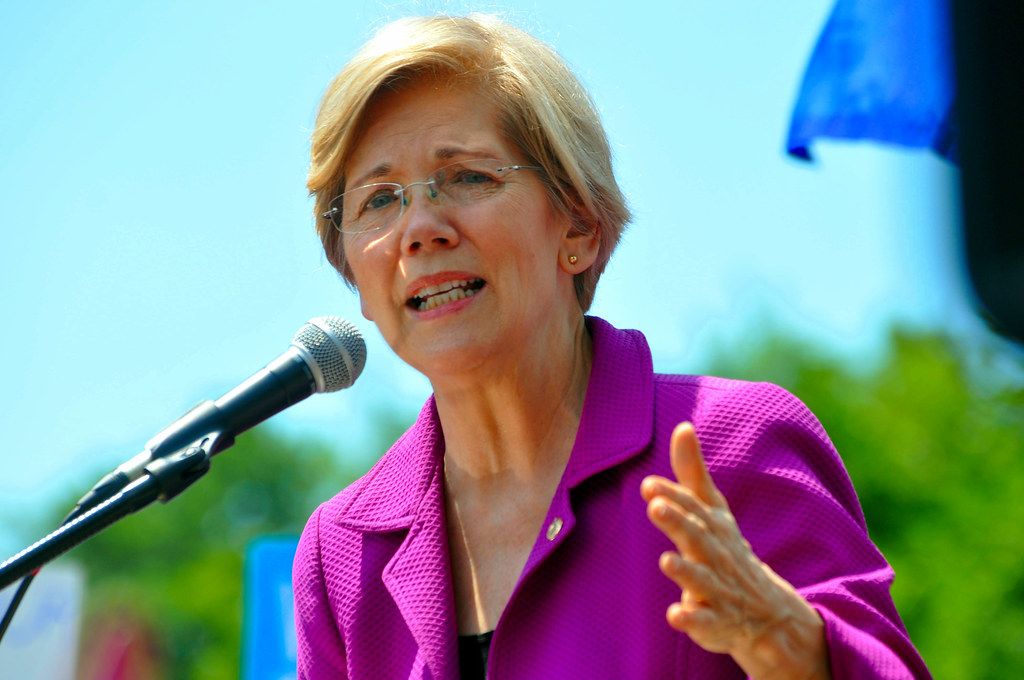


The Democratic National Committee (DNC) has instituted a rule to evenly divide big name candidates across its two debates, to take place in late June.
Thanks to the plethora of Democrats running for president, the first Democratic debate will take place over two days. This division raised concerns that it would lead to one debate between all of the leading or most popular candidates, while the ones lagging behind would join the second one.
“The goal is to make sure two nights [both have top-tier candidates], so it isn’t like all the big candidates on one night and all the 1 percenters on one night,” said NBC News political director Chuck Todd.
The DNC’s new rule attempts to reach that goal. The rule divides the field into two groups: top-tier candidates and, well, everyone else. Those in the top tier are candidates with a polling average at or above 2%. Currently, eight candidates meet that threshold. After the candidates have been divided into the two groups, the members of the group will be randomly and evenly divided over the two nights with each night having ten candidates––four from the top group, and six from the rest of the qualified candidates.
Loyal readers of this column will recall an earlier article on the DNC’s new rules for qualifying for the debate. These rules require candidates to have either 65,000 individual donors or poll at 1% or greater. Nineteen candidates have hit these thresholds and are thus permitted to participate in the debate. Eleven of those 19 still have to meet the 2% polling threshold to be in the top tier group. Four candidates haven’t met the criteria to participate in the debate yet.
The debate, hosted by NBC News, will take place in Miami on the nights of June 26th and 27th.
Although this is the last edition of this column until September, the 2020 news will certainly not stop with it. While I know you will all miss having me wrap up the biggest 2020 news each week, there are plenty of other methods to keep updated. For podcast fans, the NPR Politics podcast is running a wonderful series evaluating and interviewing each of the candidates. Politico runs a 2020 election email newsletter (though it’s apparently sponsored by Juul? Not sure what’s happening there.) Keep your eyes and ears open for any more upcoming town halls with 2020 candidates. If you’re interested in learning more about specific candidates, most of them — especially bigger-name candidates — have a great deal of information about themselves and their policies on their websites. Regardless of where you get your news, keep an eye out for all the strange and exciting updates to come. See you in the fall!